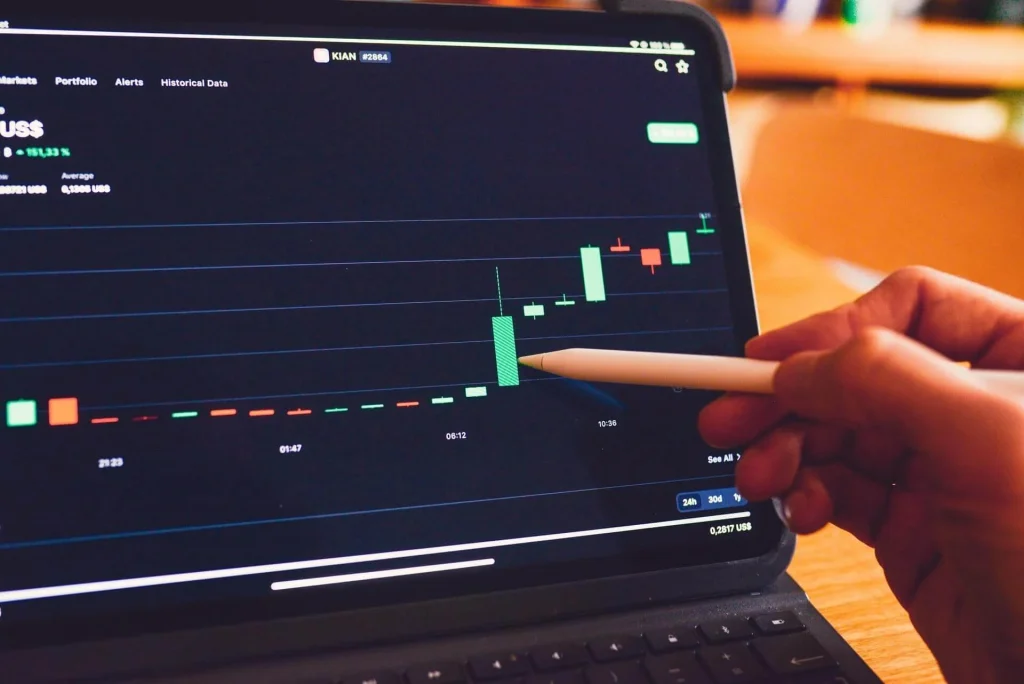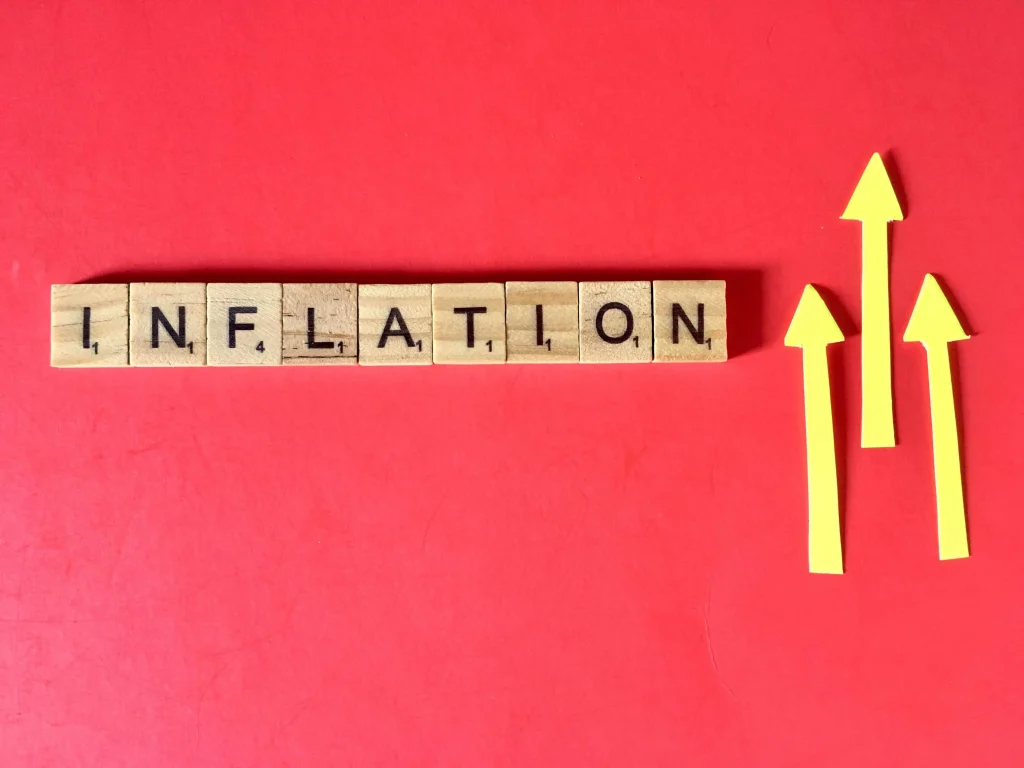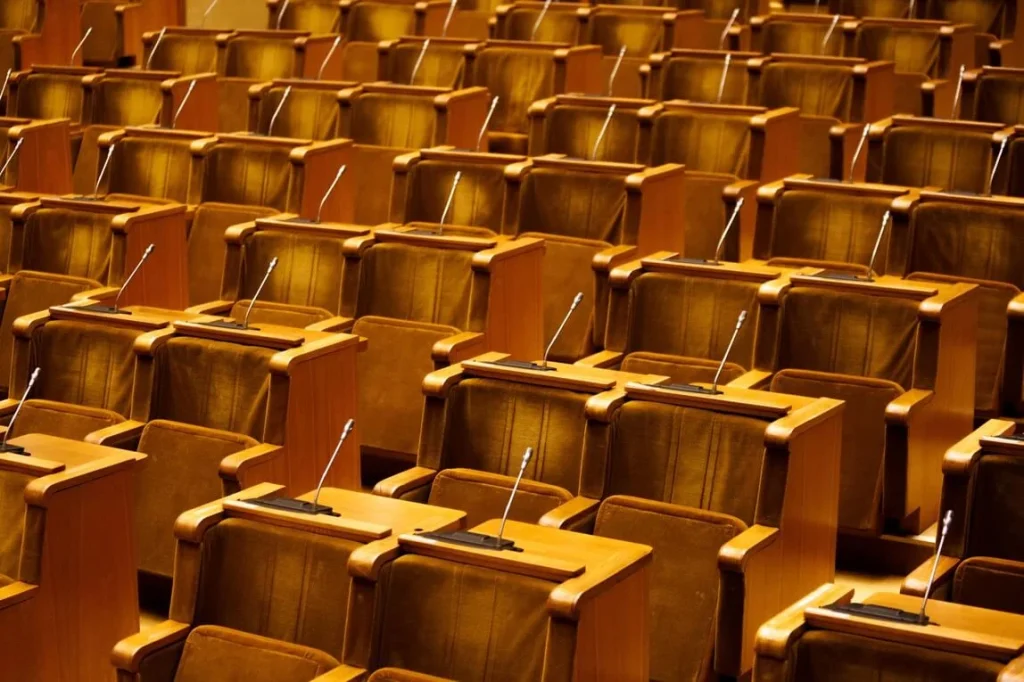The pandemic and the elections probably stopped you from investing in a preselling house and lot or other real estate properties and overall participating in the property seeker market. This is normal since both of these situations cause uncertainty in the buyer, seller, and investor markets. In this article, we’ll show you how elections affect real estate and what you can expect for the residential and commercial market post-pandemic.
Data on post-election Philippine Real Estate Market

You might want to see the data on the outlook of post-election real estate in our country first before buying a preselling house and lot. So, here is some of the information that you need to help you decide if the time is now and some of the government’s post pandemic recovery initiatives.
Market volatility is expected
According to Lamudi, one of the biggest real estate market places in the Philippines, the property seeker activity on their platform dropped three times since the candidates for election filed the certificates of candidacy in October 2021. The first dip in the Philippine property market was during the Christmas season when they experienced a 22% drop in numbers. The next one occurred during the Holy Week, with a 14% reduction in activity. Finally, the last dip happened within the last few days before the elections on May 9, 2022, with a 12% drop.

They believe that the buying and selling of properties took a pause during these events because most of the corporate and consumer markets are preparing for the festivities, so they set meetings before or after the events.
Still, Lamudi says that they expect volatility during the election season since elections, in general, have an effect on the real estate industry (we’ll tell you more about this below).
Property seekers consistently increasing
Some days before and after the elections, Lamudi says they also experienced drops. Their leads dropped by 3% between April 25 and May 1. Meanwhile, the week before the elections, they found a 12% drop between May 2 and May 8, 2022.
After the elections, however, property seekers went back and the platform found an 8% increase during the week of elections between May 9 and May 15, 2022. Since then their numbers remained stable
According to Lamudi, looking at the week-on-week trends, they found similarities in numbers during the filing of candidacies and the pandemic.

During times when the people and businesses see a safe and encouraging environment, high upticks in week-on-week leads were found.
If you can remember, the country started recovering from the Omicron variant in March of this year and pediatric vaccination against COVID-19 also began. Consequently, Lamudi reports that during that time, they found a consistent rise in the number of leads. They see these numbers to continue to rise if the efforts for public health continue, and announcements on housing reforms and infrastructure development of the next administration appease investor doubts.
Business market recovering
Last June 8, 2022, Business Mirror reported that Colliers Philippines found signs of recovery in the office market. This is because of the positive numbers during the first quarter of the year after seven long consecutive quarters of negative absorption.
According to the associate director for research at Colliers, Joey Roi Bondoc, the Business Process Outsourcing (BPO) industry leads the demand for office buildings in business districts. Other traditional companies in various sectors, including construction, engineering, and the legal industry also contributed to this recovery as hybrid return-to-office (RTO) mandates begin in most companies.

Moreover, this year, we also expect the completion of 821,000 square meters of new office space, which will increase the supply for office leasing. 60% of these office spaces will be in Ortigas Center, Bay Area, and Makati Fringe.
According to Colliers, for companies that are still in the wait-and-see phase, they should consider providing flexible workspaces for their employees. So maybe instead of marketing your property as a preselling house and lot, you might consider converting it into a rental if the area is strategic.
How do elections affect the real estate industry?
As we mentioned, elections, in general, have an effect on the state of the real estate industry. There are a lot of factors that revolve around this, but it can really get very political since governments decide on a lot of things that can affect the economy, businesses, and its citizens. Here are some of the impacts of elections on the property market:
Buyers and market sentiment experience indecision
Elections create market uncertainty because of the varying perspectives and motives of the candidates for the presidency.

According to the Washington Post, competitive elections can even decrease investments further. This is according to data from a Princeton economist, Brandice Canes-Wrone, who conducted research from 35 housing markets during 73 elections. They found that a close presidential race and policy differences between parties are the biggest factors of “pre-election decline.”
Because of this uncertainty, home buyers, sellers, and investors tend to just wait until after the new president sits in office before proceeding with their decisions. Luckily, this slow pace in real estate transactions can be temporary, as the government rebalances after the elections.
Interest and inflation rates
Every political party or candidate promises something they’ll put on everyone’s tables. However, history is always the best source of knowledge to see how well a particular political party or candidate can manage the economy and their approaches to interest rates and the affordability of living day-to-day.
This time, however, we are experiencing something quite unique since the coronavirus pandemic changed our lives and plans. The way the preceding government (in our case, Duterte’s) handled the pandemic will inevitably have a great impact on the economy that the next administration will face.

So, for example, to ease the suffering of businesses and individuals, the government pumps money to support them. This is great in terms of short-term ease (also called quantitative easing), however, all that money in the economy will inevitably lead to inflation in the next years. You might already be feeling the effects of this right now.
According to the Philippine Statistics Authority (PSA) during their release of the Summary Inflation Report Consumer Price Index last June 7, 2022, the entire country is experiencing a higher inflation rate compared to where we were just last May 2021.
They said that the acceleration in our inflation rate this May 2022 was mostly because of the higher annual growths in the food and non-alcoholic beverages index (4.9 percent) and the transport index (14.6 percent). Moreover, the inflation rates for housing, gas, electricity, and water were at 6.5 percent. Meanwhile, household equipment and routine household maintenance sit at around 2.5 percent.
To put things in perspective, the acceptable inflation rate is around 2 percent.
So how does this affect the real estate industry?

When prices for basic living like food, energy, goods, commodities, transportation, and other services increase, the entire economy suffers. Rising prices have a direct impact on the cost of living, and, consequently affects the cost of running a business, borrowing money, mortgages, rent, and every other facet of the economy.
At the same time, the purchasing power of consumers is also affected. If the people are too busy thinking about cutting costs, they would most likely set aside big purchases like buying a preselling house and lot and opt for rentals with low monthly fees. This causes the demand for new real estate to decrease.
So, one of the biggest challenges the next administration will face is managing the country’s debt and how we pay for them since the previous administration is leaving with a close to 13 trillion worth of debt.
Incentives from political parties
More often than not, political parties will promise incentives in various industries to get their support. Housing affordability is one of the most commonly targeted issues, with promises of new opportunities for home buyers, sellers, and investors.

Of course, not all promises are kept. However, new schemes and policies still stimulate parts of the real estate market, including the construction of new commercial buildings and condos. These factors, together with attractive payment schemes, reel-in new buyers into the market.
When the residential real estate market is prioritized by the next administration, they can expect that the commercial property market will also reap the benefits. This is because when the residential real estate market is strong, buyer sentiment is also strong since more people buying houses or condos also means more demand for jobs near the area. Another factor to consider is that when the residential market grows, more investors put their money into the commercial market to take advantage of the population.
Political policies
Before the elections, now President-elect Bongbong Marcos said that he “wants low housing loan applications done in 7 days.” According to the Philippine News Agency, the next administration is set to address the ballooning housing backlog in our country.

This was previously implemented by the Home Development Mortgage Fund (HDMF) or Pag-IBIG Fund, where the 7-day Takeout Policy will help shorten the application process for low-cost housing loans to help the regular Filipino worker have a decent and safe home. The process would usually take three to four months, so this policy would drastically reduce the waiting time for approvals.
These policies also affect property prices.
Policies that will also affect tax deductions and credits for property owners can influence the real estate market. This can either increase or decrease the affordability of properties, as property tax and capital gains taxes can either attract or deter buyers and investors.
Political policies that concern the real estate industry will either make or break the property market. Hence, if the government makes it easier for the general public to have access to homes, then we might have a shot at improving the values of homes and commercial spaces.
Post-pandemic real estate in the Philippines

Elections and politics aside, we have another thing to worry about on top of the political uncertainty: the pandemic. Is it really over? Should you prepare your post-pandemic plans for buying a preselling house and lot or expanding your business to an office space in the Metro? Let’s find out the post pandemic recovery plans that can affect your property seeking activity.
Largest national budget in the Philippines to date
In January 2022, Colliers Research released their insights on the signed General Appropriations Act of 2022 and how this can affect the country’s post-pandemic recovery. To date, this 5.024-trillion peso national budget for 2022 is the largest national budget approved in the Philippines.
According to outgoing President Rodrigo Duterte, 20% of this budget will go to capital outlays, which include infrastructure expenditures. The Department of Education (DepEd) will receive the largest allocation, followed by the Department of Public Works and Highways (DPWH).

Colliers see the infrastructure allotment of the budget will help improve public projects, like roads, airports, and seaports. Buying a property near these infrastructures can be a good investment as accessibility is one of the biggest factors that affect real estate prices.
More businesses adjusting to employee demand
How permanent or deep the effects of the pandemic are still unknown, but one thing’s for sure, commercial real estate definitely suffered and will probably have to find more ways to get tenants.
The pandemic made people realize that they could easily perform their tasks, do their meetings, and collaborate with colleagues and be productive in the comfort of their homes. This has forced employers to address key issues like who needs to come to the office, how often should employees be in the office, and what kind of spaces will make their employees feel safe to work in the office.

Some businesses have already adapted to the hybrid work setting, where employees are asked to only come to the office at least twice a week. However, this also means that company owners tend to side-step high office rental prices by opting for small spaces since not everyone will be in the office anyway. Furthermore, they’re looking at the hybrid setting as an opportunity to reduce maintenance costs.
Still, investors are still anxiously waiting from the sidelines before investing in more commercial real estate. Some investors have already decided to scale back and put their money elsewhere. Regardless, this continuing uncertainty is taking a toll on the real estate market and the overall economic agenda of the country.
Related Blog: Residential Property Outlook After the First Quarter of 2022


